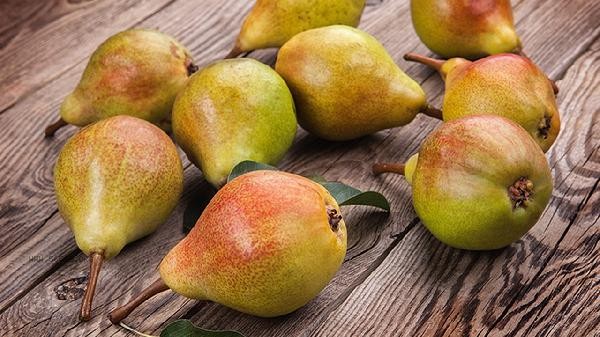Whether to peel pears depends on dietary needs and individual differences. Retaining the skin can increase dietary fiber intake, while peeling reduces the risk of pesticide residues.

Pear peel contains abundant dietary fiber, vitamin C, and antioxidants, especially the nutrient concentration near the peel is relatively high. Dietary fiber helps promote gastrointestinal peristalsis and prevent constipation; Polyphenols in fruit peels have anti-inflammatory and antioxidant effects. For pears with normal digestive function and reliable purchasing sources, it is recommended to thoroughly clean them with flowing water and a soft bristled brush before eating them with the skin, which can maximize the preservation of nutritional value. If making baby food or for the elderly, peeling can reduce chewing difficulty and gastrointestinal burden. During the pear cultivation process, pesticides may be used, and the skin is prone to residual pollutants. Pears purchased from supermarkets can be soaked in baking soda water and rubbed to reduce the probability of pesticide residues in organic pears. For those who are sensitive to fruit wax or have fragile gastrointestinal tract, peeling can avoid potential irritation. The uneven surface of the fruit peel is prone to hiding bacteria, making it safer to eat after peeling. In special circumstances, if there is obvious damage, mold or excessive fruit wax on the skin, the skin should be removed. When choosing whether to peel or not, it is necessary to comprehensively judge the integrity and cleanliness of the skin based on the pear variety, consumer group, and cleaning conditions. Children and the elderly should be given priority in peeling. Two methods can be used alternately in daily life to ensure nutrient intake and reduce risks. Pears that have not been peeled during storage should be refrigerated and consumed as soon as possible to avoid nutrient loss from the skin. If you have concerns about pesticide residues, you can choose to soak in malic acid or ozone water for cleaning, which can effectively degrade some organic phosphorus pesticides.











Comments (0)
Leave a Comment
No comments yet
Be the first to share your thoughts!